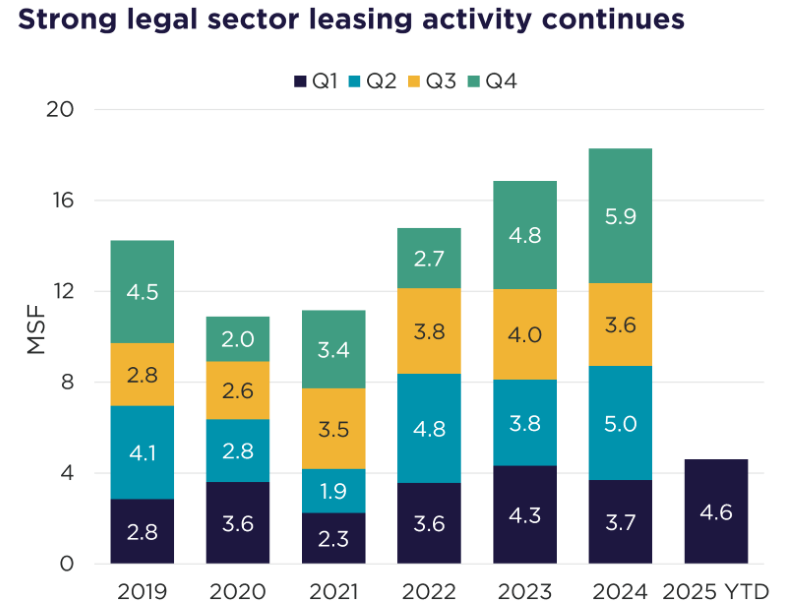Economy Watch: Retail Sales, Household Net Worth, Unemployment Claims
Retail and food services sales for November increased by 0.7 percent month over month. The net worth of U.S. households and nonprofits dipped slightly during the third quarter of 2014. For the week ending Dec. 6, initial unemployment claims decreased by 3,000 week over week.
By Dees Stribling, Contributing Editor
The Census Bureau reported on Thursday that U.S. retail and food services sales for November came in at $449.3 billion, an increase of 0.7 percent from the previous month, and 5.1 percent above November 2013. The September-to-October 2014 percent change was revised from a gain of 0.3 percent to one of 0.5 percent. In making its calculations, the bureau adjusts for seasonal variation and holiday and trading-day differences, but not for price changes.
Only two kinds of retailers experienced a drop in sales revenue for the month: gas stations, down 0.8 percent because of the falling price of gas, and “miscellaneous store retailers,” down 1.7 percent. The biggest winners for the month were car dealers, who enjoyed a 1.7 percent gain; also gaining 1 percent or more were building supply stores (up 1.4 percent), clothing stores (1.2 percent), nonstore retailers (1 percent), and – remarkably – department stores, also up 1 percent.
The uptick might be a pleasant side effect of the recent and precipitous drop in the price of gasoline, which is following crude oil into much cheaper territory. On Thursday, West Texas Intermediate, the U.S. benchmark crude, dropped below $60 a barrel for the first time in five years, and it’s down more than 40 percent since this summer. AAA reported that the average price for a gallon of gas was $2.621 a gallon on Thursday, down from $2.926 a month ago and $3.256 a year ago.
Household Net Worth Edges Down in Q3
The Federal Reserve said on Thursday that the net worth of U.S. households and nonprofits dipped slightly to nearly $81.35 trillion during the third quarter of 2014, compared with $81.49 trillion in the second quarter. The value of directly and indirectly held corporate equities decreased $0.7 trillion during the quarter, while the value of real estate rose $245 billion.
Even so, the third-quarter total is still relatively high. Only in 2014 has the total ever been above $80 trillion. Even during the days of the mid-2000s – when real estate inflation was (unsustainably) driving a lot of the increase, total net household worth never broken $70 trillion. Most of the recent gain – over $70 trillion for the first time in 2013 and $80 trillion this year – is attributable to the expansion of the equities market in recent years, which may or may not be sustainable.
The Fed also reported that household debt increased at an annualized 2.7 percent during the third quarter. Net originations of residential mortgages continued to be weak, but consumer credit continued to grow at a solid pace, according to the central bank.
Unemployment Claims Still Below 300K
The U.S. Department of Labor reported on Thursday that for the week ending Dec. 6, initial unemployment claims were at an annualized 294,000, a decrease of 3,000 from the previous week. The four-week moving average was 299,250, an increase of 250 from the previous week.
On the retail sales news, Wall Street bounced back on Thursday, with the Dow Jones Industrial Average up 63.19 points, or 0.36 percent. The S&P 500 gained 0.45 percent and the Nasdaq advanced 0.52 percent.






